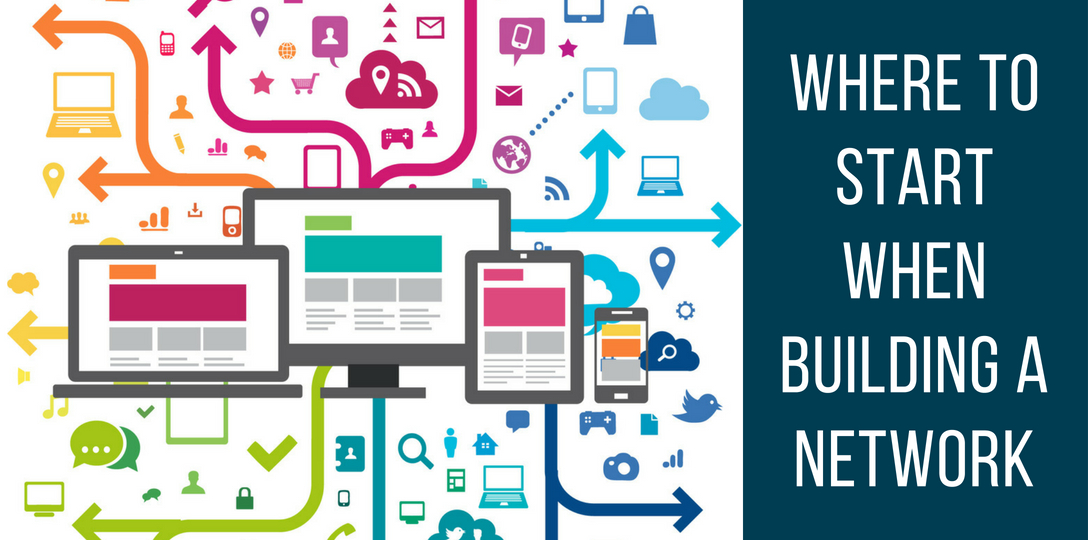Where to Start When Building a Network

Your network is the foundation of your office. It’s how all of your computers, servers, and devices talk to each other. It’s critical that the foundation of your network is well-thought-out, but before you get started, you need to answer key questions.
Question to consider before you start building your network:
- What is the scale of your network?
- What all is being connected together? How many devices?
- What functionality do you need?
- What is your forecast for how your network needs to grow over time?
- How much redundancy do you need in your network?
- Do you want your network completely wired or wireless?
- What is your budget?
These questions will help you get a real understanding of what you need from your network. From there, you can start planning the equipment and topology of the network. It’s a good idea to keep future growth in mind from the start. That way, your network is setup for growth when you expand in the future.
For your network, you’re going to need switches and routers, or at least Layer 3 Switches which have built in routing capabilities. Remember, that switches connect devices together so that they can share information on the network while routers tie multiple networks together. Routers are what you need to connect your network to the internet.
If you're connecting to a large area, you might need additional devices such as access points, which helps to extend your network further. If you are looking to connect multiple locations, you’ll need more equipment and a way to manage the whole network easily.
When figuring out what equipment you need, you will also have to decide if you are building a wired or wireless network. This will impact the equipment models you buy, what type of equipment you need, and how much cable is required for the set up. The layout of your office space, the amount of devices and users connecting to the network, and the type of network topology you pick are all factors in this decision. Fully wired networks will give you faster speeds and be more reliable than wireless networks, but can also be more expensive in both cost and set up time.
When it comes to network topologies, the mesh topology is going to give you the most redundancy so that your network always has a connection. This is great for large environments but for smaller environments can be overwhelming. A star topology can be more than enough for smaller networks. Both star and mesh topologies can also be expanded into the tree topology if you need to add more devices or connect additional network topologies together.
Need Help Getting Started?
We know that building a network can be tough. That’s why Aventis Systems has a team of experts readily available to help you design the perfect network. They can also help you implement your network. If you would like to talk with someone about your networking needs contact us here!
Aventis Systems also carries a full range of networking solutions from all the top brands. Choose from our selection of Cisco, Meraki, Dell, HP, and Juniper networking products. You can also contact us to get a custom quote and we will help you get exactly what you need.
Related Reading
|